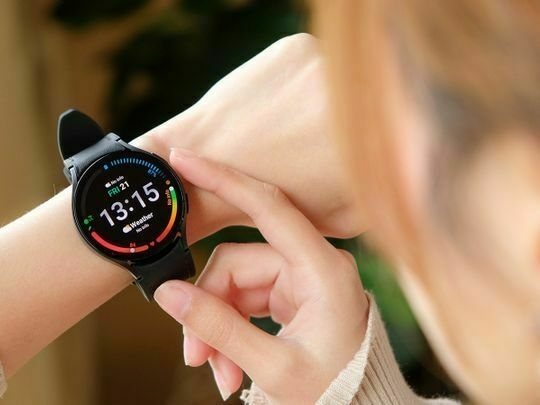One of the reasons I want to get a Samsung Galaxy Watch is to track my sleep and to document sleep apnea. I want to attack both of those things because a shortage of shut-eye could be keeping me fat.

Several large epidemiological studies suggest there may be a link. People who sleep fewer than seven hours a night tend to have a higher body mass index (BMI) than people who sleep more, according to data gathered by the US National Health and Nutritional Examination Survey. Similarly, the US Nurses' Health Study, which tracked 68,000 women for 16 years, found that those who slept an average of five hours a night gained more weight during the study period than women who slept six hours, who in turn gained more than those who slept seven.
It is well know that obesity impairs sleep, so perhaps people get fat first and sleep less afterwards. But the nurses' study suggests that it can work in the other direction too: sleep loss may precipitate weight gain. One factor that could be at work here is the way sleep deprivation alters metabolism. Leptin, the hormone that signals satiety, falls while gherlin, which signals hunger, rises–and this boost appetite. Sleep-deprived rates eat about twice as much as rested ones.